The United Arab Emirates has long been known for its strict legal framework, particularly when it comes to matters of marriage and family law. Among the many regulations in place, the criminalization of "fake marriages" stands out as a particularly severe offense. This legal stance reflects the country's commitment to preserving the sanctity of marriage and preventing its misuse for immigration or financial gains. The penalties for engaging in such arrangements can be severe, including imprisonment, hefty fines, and deportation for expatriates.
Understanding Fake Marriages in the UAE
A fake marriage, as defined by Emirati law, is a union entered into without the intention of establishing a genuine marital relationship. Instead, these marriages are often orchestrated to bypass immigration laws, secure residency visas, or obtain financial benefits. The UAE government views such practices as a form of fraud, undermining the integrity of the legal system and societal values. Authorities have implemented rigorous measures to detect and prosecute those involved in these sham arrangements.
The issue gained significant attention in recent years as the UAE tightened its immigration policies and cracked down on visa fraud. Reports suggest that some individuals, particularly expatriates, have attempted to exploit loopholes in the system by entering into marriages of convenience. These arrangements often involve a financial transaction, where one party pays the other to facilitate the marriage for visa purposes. However, the risks far outweigh the perceived benefits, as the legal consequences can be life-altering.
Legal Consequences and Enforcement
Those caught participating in a fake marriage face severe penalties under UAE law. The courts do not take these cases lightly, and convictions can result in imprisonment ranging from several months to years. Additionally, fines can reach up to hundreds of thousands of dirhams, depending on the circumstances of the case. For expatriates, a conviction almost certainly leads to deportation, with a potential ban on re-entering the country. The UAE's approach serves as a strong deterrent, sending a clear message that such practices will not be tolerated.
Law enforcement agencies employ various methods to identify and investigate suspicious marriages. This includes monitoring visa applications, conducting interviews with married couples, and collaborating with other government entities to verify the authenticity of relationships. In some cases, tip-offs from the public have led to the uncovering of elaborate fake marriage schemes. The authorities encourage citizens and residents to report any suspicious activities, emphasizing the collective responsibility to uphold the law.
Cultural and Social Implications
Beyond the legal ramifications, fake marriages carry significant cultural and social implications in the UAE. Marriage is deeply rooted in Emirati traditions, symbolizing commitment, family unity, and societal stability. The exploitation of this institution for personal gain is seen as a direct affront to these values. The government's strict stance reflects its dedication to preserving the cultural and moral fabric of the nation.
Moreover, the prevalence of fake marriages can strain community relations, particularly between citizens and expatriates. It fosters mistrust and can lead to increased scrutiny of genuine cross-cultural marriages. The UAE's diverse population necessitates a delicate balance between maintaining national identity and embracing multiculturalism. The crackdown on fake marriages is part of broader efforts to ensure that this balance is maintained without compromising legal or ethical standards.
Preventive Measures and Public Awareness
To combat the issue, the UAE has implemented several preventive measures. These include stricter documentation requirements for marriage registration, mandatory interviews for couples applying for residency visas, and enhanced background checks. The government has also launched public awareness campaigns to educate residents about the legal and moral consequences of fake marriages. These initiatives aim to deter individuals from engaging in such practices while promoting a culture of compliance and respect for the law.
Educational programs targeting expatriate communities have proven particularly effective. Many newcomers may not fully understand the severity of the offense or the long-term consequences of participating in a sham marriage. By providing clear information and resources, the authorities hope to reduce instances of fraud and encourage lawful behavior. Community leaders and employers also play a crucial role in disseminating this information, ensuring it reaches a wider audience.
International Comparisons and Legal Frameworks
The UAE's approach to fake marriages is not unique, as many countries have similar laws to prevent marriage fraud. However, the severity of penalties in the UAE is notably higher compared to some Western nations. For example, while countries like the United States and Canada also criminalize fake marriages, the punishments typically involve fines and visa cancellations rather than imprisonment. The UAE's stricter measures reflect its broader legal philosophy, which prioritizes deterrence and societal protection.
International observers have noted that the UAE's legal framework aligns with its cultural and religious values, where marriage is considered a sacred institution. This perspective influences the government's zero-tolerance policy toward any form of marital fraud. While some critics argue that the penalties are excessively harsh, supporters contend that they are necessary to safeguard national interests and maintain social order.
Case Studies and Real-Life Consequences
Several high-profile cases have highlighted the real-life consequences of fake marriages in the UAE. In one instance, a group of individuals was arrested for orchestrating a large-scale fake marriage ring, involving dozens of couples. The organizers faced lengthy prison sentences, while the participants were deported and banned from re-entering the country. Such cases serve as stark reminders of the risks involved and the authorities' vigilance in enforcing the law.
Another case involved an expatriate who entered into a fake marriage with a citizen to secure a residency visa. The arrangement unraveled during a routine visa renewal interview, leading to criminal charges for both parties. The expatriate was imprisoned and later deported, while the citizen faced legal action for complicity. These examples underscore the importance of adhering to the law and the far-reaching impact of fraudulent activities.
Conclusion: Upholding Integrity and Lawful Practices
The UAE's stringent laws against fake marriages underscore its commitment to upholding the integrity of its legal and social systems. While the penalties may seem severe, they are designed to protect the institution of marriage and prevent its exploitation. Residents and visitors alike must recognize the importance of complying with these regulations to avoid devastating consequences. As the UAE continues to grow and attract a diverse population, maintaining the rule of law remains a cornerstone of its national identity.
Public awareness, community engagement, and robust enforcement mechanisms are essential in addressing the issue. By fostering a culture of transparency and accountability, the UAE aims to deter fraudulent practices while promoting lawful and ethical behavior. The message is clear: fake marriages are not only illegal but also carry profound personal and societal costs.

By Eric Ward/Apr 19, 2025
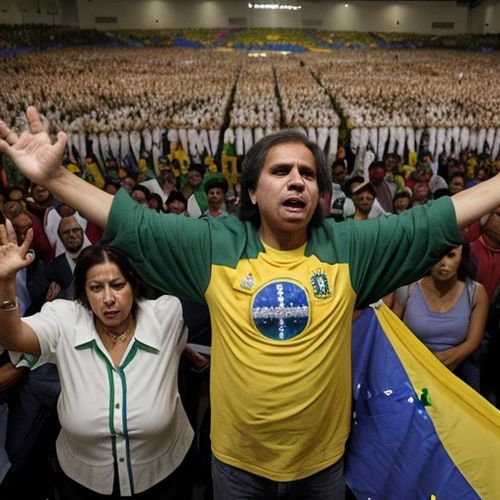
By James Moore/Apr 19, 2025

By Daniel Scott/Apr 19, 2025

By George Bailey/Apr 19, 2025
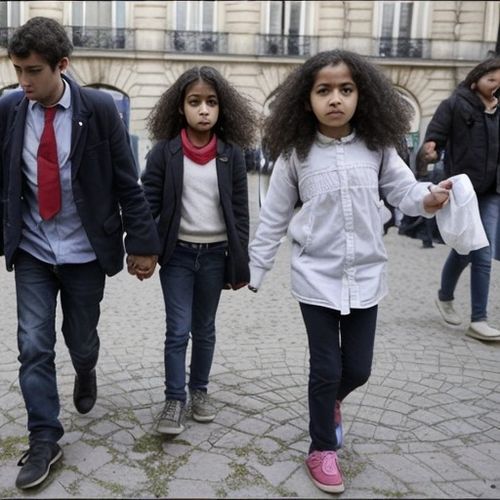
By Amanda Phillips/Apr 19, 2025

By Amanda Phillips/Apr 19, 2025

By Joshua Howard/Apr 19, 2025
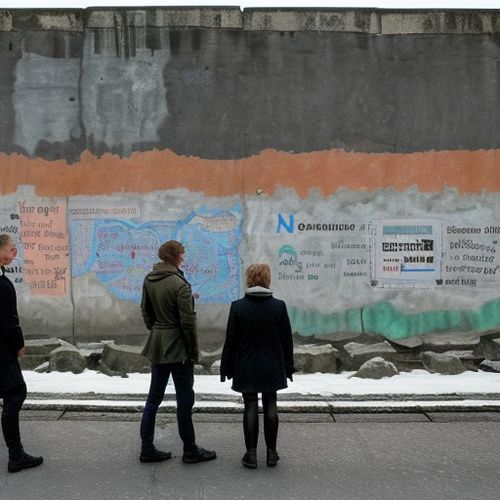
By Thomas Roberts/Apr 19, 2025
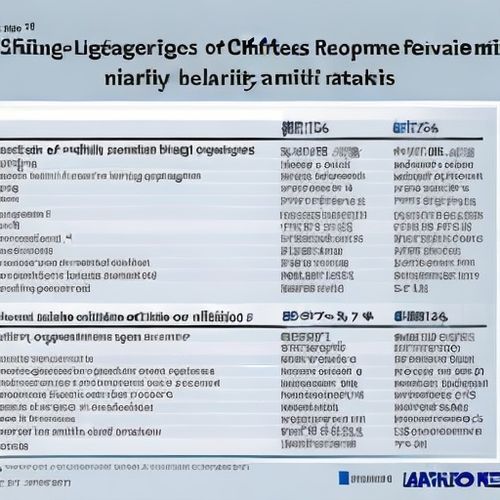
By Thomas Roberts/Apr 19, 2025

By Noah Bell/Apr 19, 2025
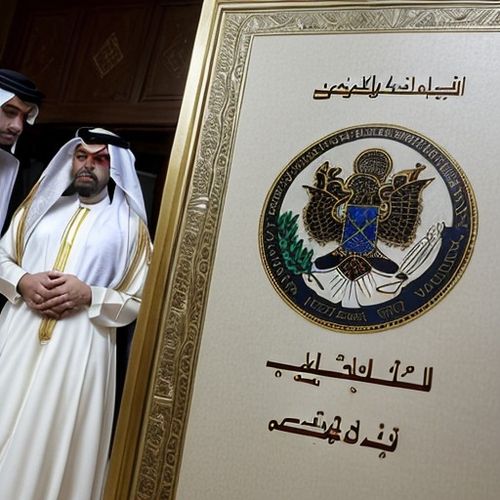
By James Moore/Apr 19, 2025
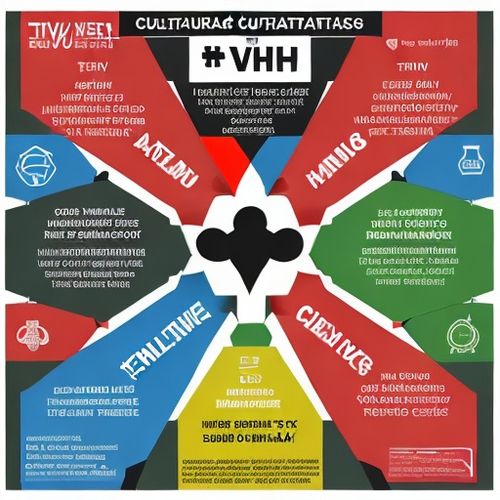
By Rebecca Stewart/Apr 19, 2025
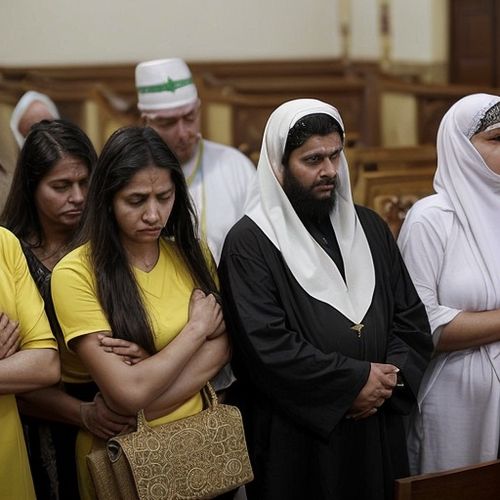
By Noah Bell/Apr 19, 2025

By Elizabeth Taylor/Apr 19, 2025
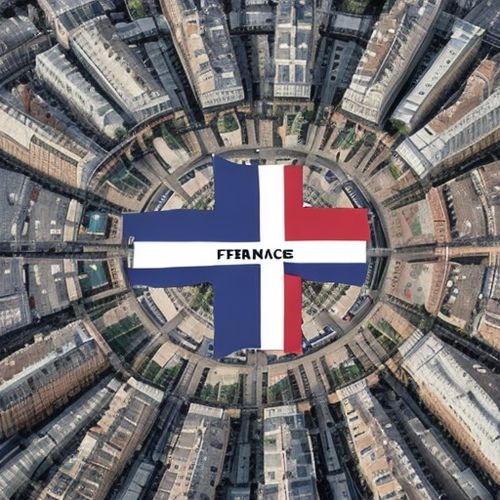
By Benjamin Evans/Apr 19, 2025
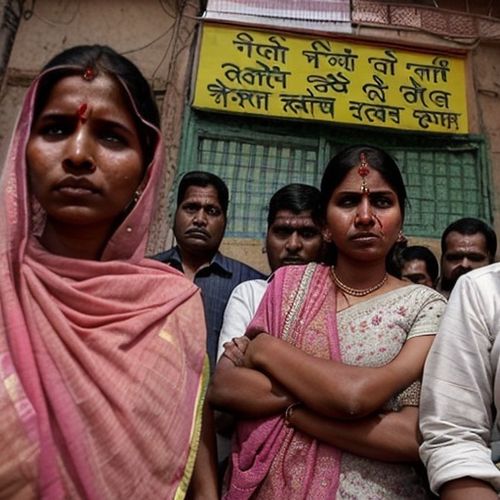
By Laura Wilson/Apr 19, 2025
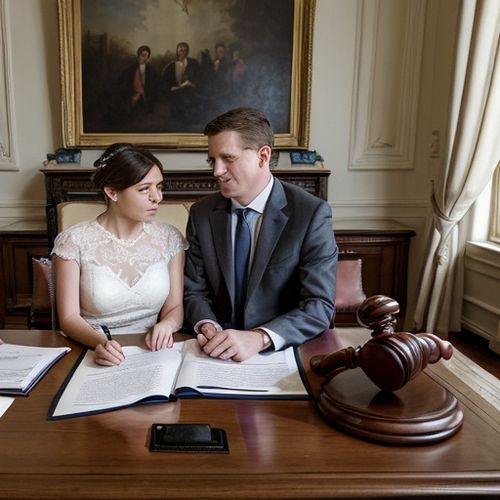
By Victoria Gonzalez/Apr 19, 2025
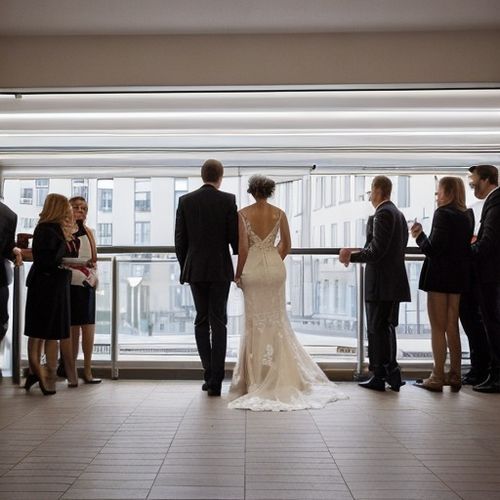
By Laura Wilson/Apr 19, 2025
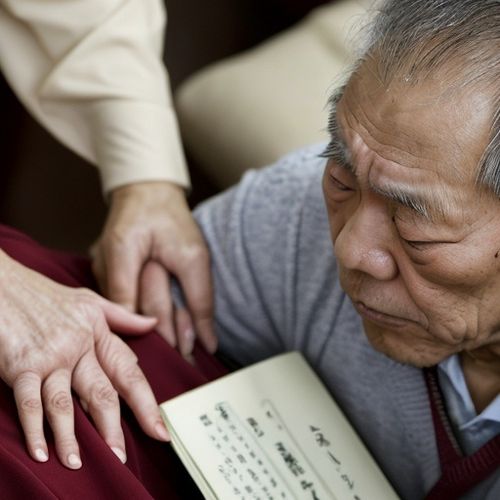
By Laura Wilson/Apr 19, 2025

By Sophia Lewis/Apr 19, 2025